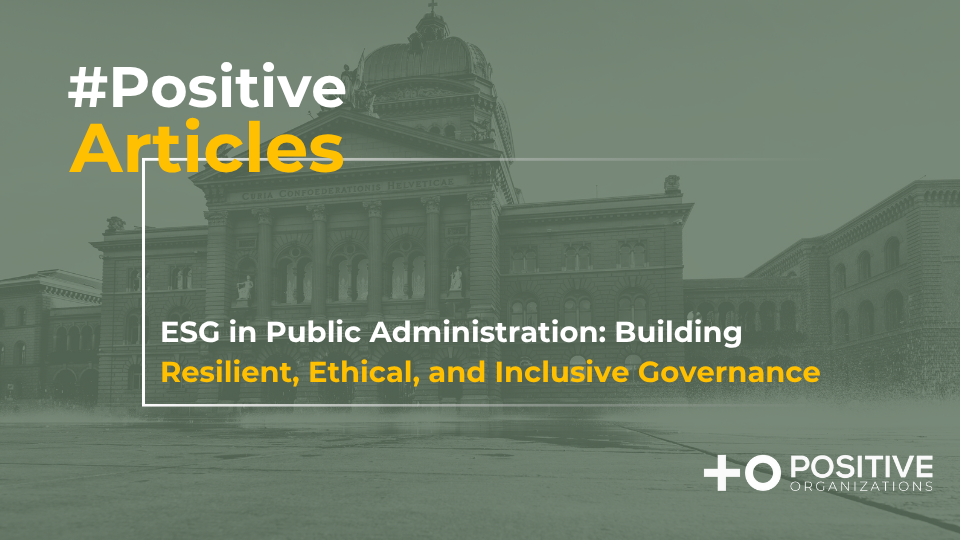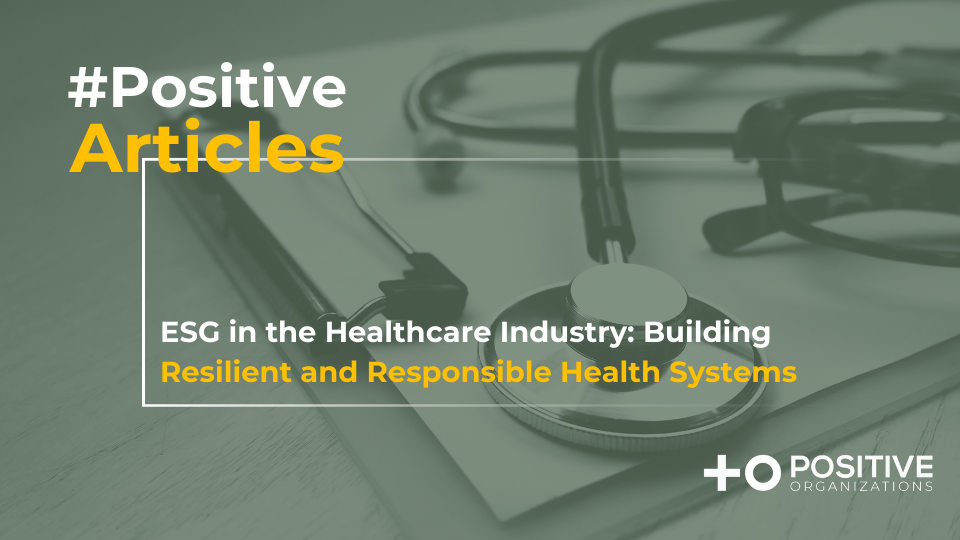News & Publications
.png)
.png)
The Packaging and Packaging Waste Regulation (PPWR) is a major legislative initiative by the European Union (EU) aimed at transforming packaging practices across member states. As part of the European Green Deal, this regulation promotes a circular economy by tackling the environmental impacts of packaging waste, reducing its volume, and encouraging sustainable practices like reuse and recycling. With the rapid rise in packaging waste, especially due to e-commerce and single-use materials, the PPWR is essential for fostering sustainable production and consumption.
Why thePPWR is Necessary
The volume of packaging waste has surged in Europe, increasing by nearly 20% over the past decade (Source: Eurostat), a trend fueled by online shopping, convenience packaging, and home deliveries. Materials like plastic, paper, and aluminum contribute heavily to landfills and environmental pollution when not disposed of properly. While existing regulations under the Packaging and Packaging Waste Directive (PPWD) have set a foundation, they fall short of the EU's environmental ambitions. The PPWR addresses these gaps with stricter targets and a standardized approach across EU countries.
Core Objectives of the PPWR
The PPWR outlines several key measures to transform how packaging is produced, consumed, and discarded:
- Waste Reduction: The PPWR mandates waste reduction targets, requiring EU countries to lower packaging waste per capita. This includes minimizing unnecessary packaging and optimizing designs to decrease environmental impacts.
- Enhanced Reuse and Recycling: Central to the regulation is promoting reusable packaging, especially in e-commerce and food delivery, and requiring certain percentages of recycled content to enhance circularity.
- Banning Harmful Materials: The PPWR proposes phasing out materials like single-use plastic, which are particularly damaging to the environment, encouraging a shift toward compostable or recyclable alternatives.
- Standardized Recycling Systems: To simplify waste disposal, the regulation aims to harmonize recycling practices across the EU, establishing unified standards for packaging labeling, collection, and recycling.
- Extended Producer Responsibility (EPR): By enforcing EPR, the PPWR holds producers accountable for the lifecycle of their packaging, from waste collection to recycling, pushing them to adopt sustainable packaging designs.
Expected Benefits of the PPWR
The PPWR promises significant long-term benefits for both the environment and theeconomy:
- Environmental Impact: Reducing packaging waste and boosting recycling rates will alleviate pressure on landfills, cut greenhouse gas emissions, and protect ecosystems from plastic pollution.
- Economic Growth: The transition to sustainable packaging opens new economic opportunities, from innovative packaging materials and recycling technologies to job creation. Businesses that adopt eco-friendly practices may also gain an edge as consumers increasingly favor sustainable products.
- Consumer Awareness: By encouraging reusable packaging and clearer labeling, the PPWR can drive consumer awareness and foster more sustainable choices.
Challenges and Considerations
While the PPWR’s goals are ambitious, successful implementation will require overcomingseveral challenges:
- Industry Costs: Transitioning to sustainable packaging could be costly, especially for small and medium-sized businesses, as it may require new packaging solutions, redesigned supply chains, and compliance investments.
- Consumer Behavior: Shifting consumer habits, particularly regarding convenience packaging in sectors like food and retail, may be challenging and will require public engagement and education.
- Technological Constraints: Despite advancements in recycling, there are still limitations in processing certain materials. Developing viable compostable and biodegradable packaging remains a priority.
The PPWR represents a significant step in the EU’s journey toward a circular economy. By setting ambitious targets for waste reduction, reuse, and recycling, it addresses the urgent environmental issues tied to packaging waste. Though its implementation poses challenges, the potential for reduced environmental impact and the promotion of sustainable business practices make the PPWR an essentialelement in Europe’s green transition. With cooperation from governments, industries, and consumers, the PPWR can play a crucial role in reducing packaging waste and building a sustainable future.
Is your company prepared for the EU’s Packaging and Packaging Waste Regulation (PPWR)? At Positive Organizations, we’re here to guide businesses through the complexities of this transformative legislation, helping you align with the PPWR’s ambitious waste reduction, reuse, and recycling standards while creating value for your business.
Here's how we can support you:
1. Strategy Development and Compliance Guidance: Our team of ESG experts works with you to develop a customized compliance strategy, ensuring your business meets the PPWR’s stringent requirements on waste reduction and packaging reuse. We help you stay ahead of evolving regulations.
2. Packaging Optimization and Lifecycle Analysis: We provide in-depth analysis and advice on reducing packaging waste through design optimization, material choices, and lifecycle assessments. Our approach includes practical recommendations for switching to recyclable, compostable, or reusable materials while reducing the environmental impact of your packaging.
3. Consumer Engagement and Awareness Programs: To ease the shift in consumer behavior towards sustainable packaging, we assist in developing communication strategies and public engagement initiatives. Our programs help your customers understand and support your eco-friendly practices, boosting your brand’s reputation and strengthening consumer loyalty.
4. Cost-Benefit Analysis and ROI: Transitioning to sustainable packaging involves investment, but we’re here to help you maximize your ROI. Our financial and environmental impact assessments provide clear insights into how sustainable practices can improve your bottom line, open new market opportunities, and enhance your competitive position in a circular economy.
With Positive Organizations as your partner, navigating the PPWR is not just about compliance; it’s about leading in sustainability. Let us help you turn this regulatory shift into a strategic advantage, making your business a model for environmental stewardship and circular innovation. Together, we can drive a meaningful impact on the journey toward a more sustainable, circular economy.
Start Your
Journey Today









.png)





